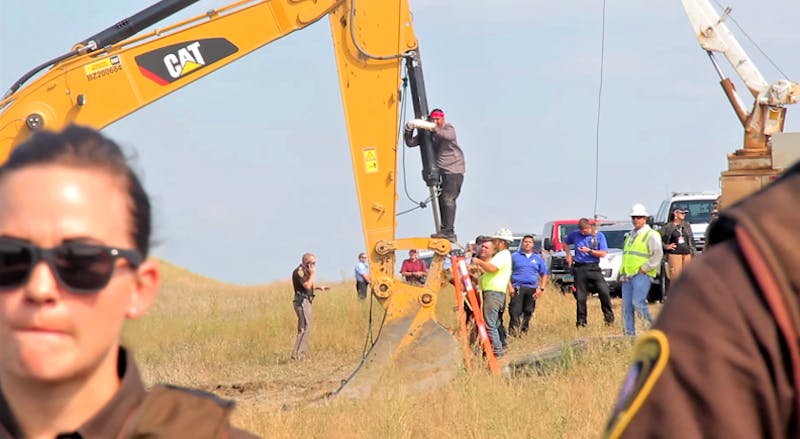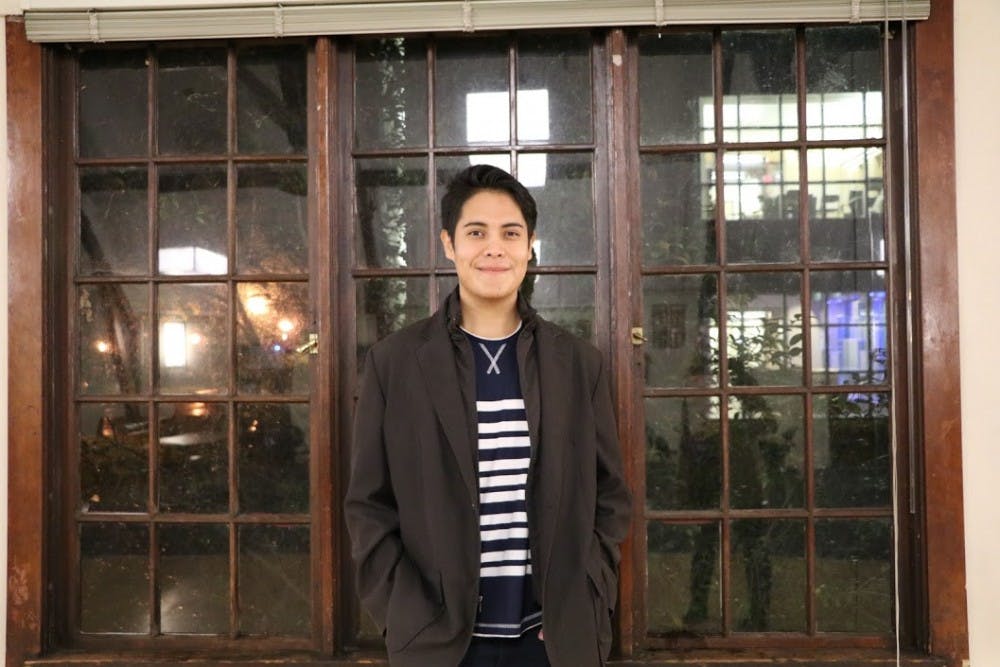University of Portland’s Native American Association is collecting items now through Dec. 9 to send to the Sacred Stone Camp on the Standing Rock Sioux reservation. The tribe had been protesting an oil pipeline that they say would threaten their drinking water source and damage sacred burial grounds. While the Obama administration decided yesterday that the pipeline must not go through the reservation, the club still plans to send items collected to protesters who will remain at the camp through December to ensure that no building will continue.
The club is looking for scarves, blankets, gloves, batteries, flashlights, bandages, portable USB chargers and letters expressing solidarity with the protestors at Standing Rock. The items can be dropped off in boxes at the School of Education Front Desk (Franz 427) and the Office of Student Activities (St. Mary’s).
The Native American Association seeks to bring awareness to and discuss problems in the Native American community, preserve the culture and share it with others, said club Secretary and senior Anthony Carvalho. He also emphasized the club is open to all students, not just those with Native American heritage.
Carvalho explained the Standing Rock protests are important for a variety of reasons.

“Standing Rock is probably one of the biggest movements in modern Native American (history),” Carvalho said. “It not only emphasizes that there are injustices in the government system toward Native American tribes and reservations, but it exposes corruption within the government.”
There has been a large showing of support online for Standing Rock and the Native American community, Carvalho noted, with many showing their support using #NoDAPL. However, he says he’d like to see more discussion and support for Native Americans at UP.
“Within our own community, there’s a lack of discussion of Native American issues,” Carvalho said. “Hopefully with our club (that can be remedied).”








